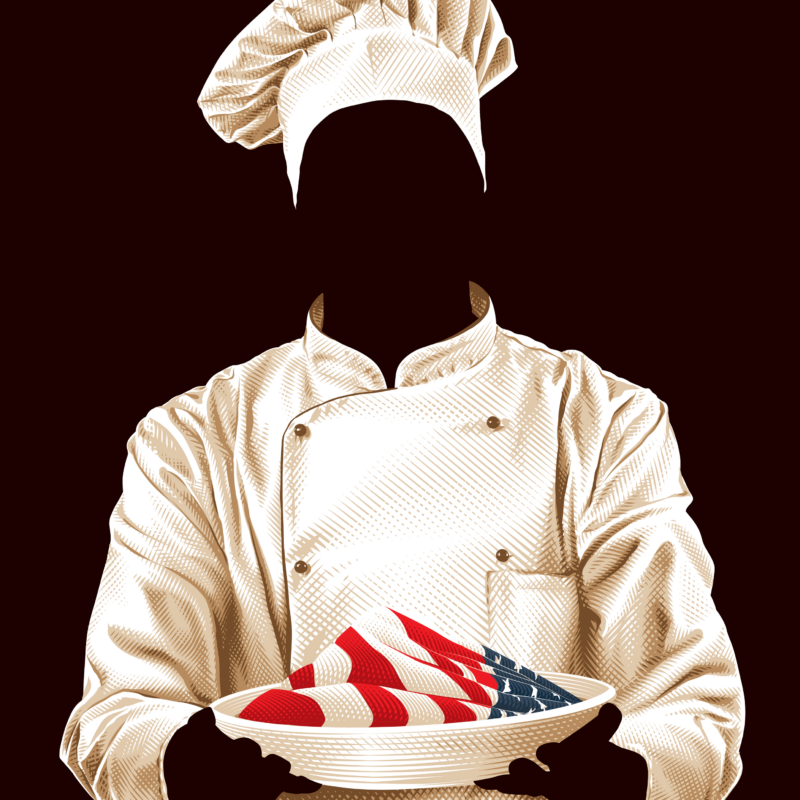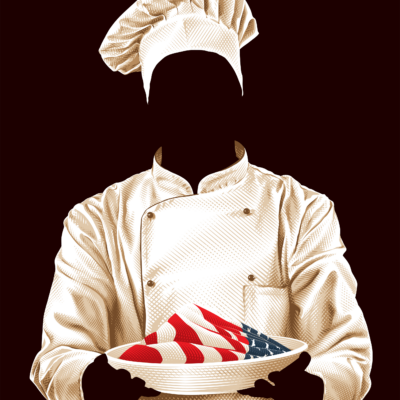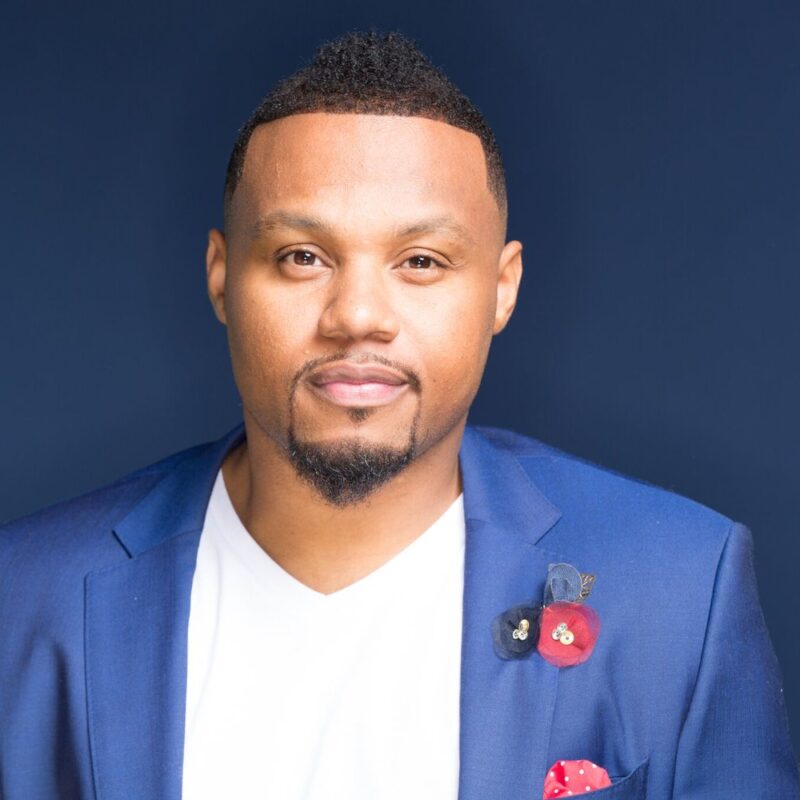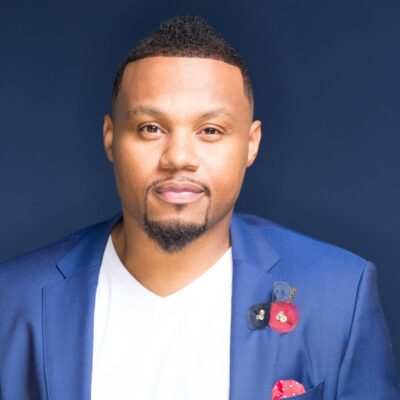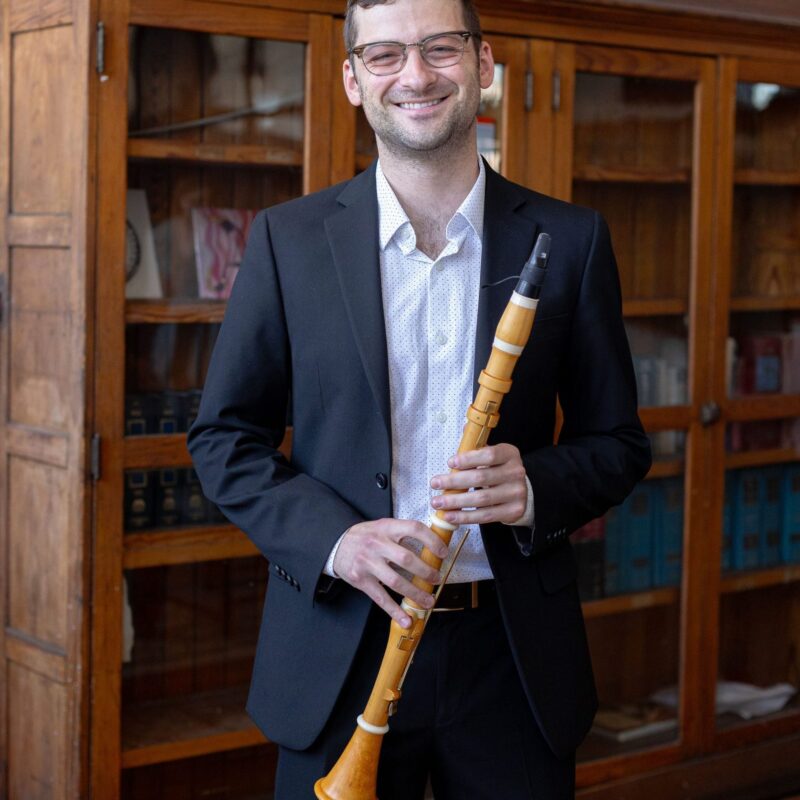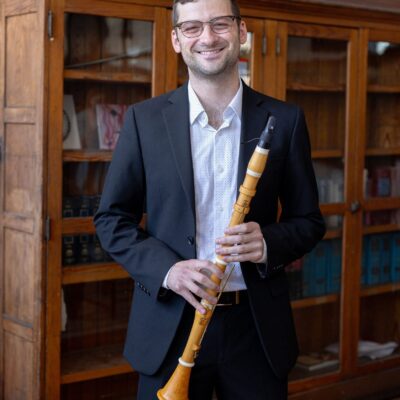Zyahna Bryant became an activist about three years before she wrote the petition to remove the Robert E. Lee statue and rename Lee Park in 2016. It was the day after George Zimmerman’s acquittal for second-degree murder charges in the shooting death of Trayvon Martin, when Bryant, then age 12, organized her first protest. In the intervening years she has written poems, journal entries, and essays about how activism has shaped her. This month, the Charlottesville High School senior releases a collection of writings titled Reclaim.
In three parts (Space, Identity, and Here), Bryant considers how she occupies space as a black woman, how embodying different identities can shift perception of that space, and how her sense of space and identity intersect in her hometown of Charlottesville. This last section examines the erasure of the history of activism led by black women in our city. It is to these women, and her family, that she dedicates the book.
When Bryant writes of erasure, she speaks from personal experience. Following the petition for the removal of the statue and renaming of the park, her words were quoted without attribution as news spread and “my single act was being amplified without any sign of myself,” she writes.
She learned this experience was all too common for black women in Charlottesville and elsewhere. “The reality is that black women have been doing the work of organizing and activism for decades,” she says, citing her great-grandmother, Thelma T. Hagen, who fought for integration and educational justice, and whose sons, Marvin and William Townsend, were two of the Charlottesville 12—the first 12 African American children to integrate previously white schools in 1959.
“Black women are present and have been building infrastructure for activism,” Bryant says. “But the national conversation about Charlottesville has been about white supremacy and racial reconciliation while black women have been erased.”
She writes about the idea that the white supremacists who organized and participated in the Unite the Right Rally on August 12, 2017, were all outsiders and the effect this perception had on black women. The main organizer, Jason Kessler, was from Charlottesville, she points out, and black women had been resisting the likes of him long before August 12.
Through her work, Bryant aims to re-center the narrative. “It’s important when people put their lives on the line and fight for justice, that their voices are not erased and their work is not discredited,” she says.
In addition to honoring the legacy of activism among black women in Charlottesville, Bryant was motivated to write in order to process her experience. “Writing has been kind of like self-care for me after being in the public spotlight,” she says. Consequently, some of the journal entries and poems address her anxiety and activism burnout.
In the short poem titled “grounding” Bryant writes, “In those moments / Where the world is whirling. / Care for your roots. / Plant yourself deeply in what you know.” Another poem, titled “Monday Mantra,” reminds, “Slow down / Smell the coffee / Have the tea / Recite the Affirmation. / Black Lives Matter. / (Repeat),” weaving a single thread of emotional well-being and activism, her self-care as a black woman reinforcing the very concept behind the racial justice movement.
Ever looking for ways to lift up the community, the activist-author will give a percentage of her book sales from the launch this week to the Charlottesville-area Black Mamas Bailout, which raises funds around Mother’s Day to support and ultimately free black mothers from local jails.
Bryant chose this cause because, she says, “when we think about mass incarceration we often think about men.” Yet according to the NAACP, African American women are imprisoned at twice the rate of white women. Bryant also cites the brutalization of transgender women by police, and the fact that Sage Smith, a transgender black woman from Charlottesville, has been missing since 2012. “People are doing the work to liberate black women, and it’s important to amplify that work,” she says.
Nearing the end of her final year of high school, Bryant says she hasn’t decided where she’ll go to college (at this writing, she’s been accepted at UVA, Howard, George Mason, and VCU). Wherever she matriculates, she plans to study urban planning or law. After that, she sees herself back in Charlottesville, continuing the work she has already begun “on systems that I see are flawed,” she says.
And she encourages others to do the same, closing her book with one last word: reflect. “I hope people take the time to think about some of the concepts and points that are made,” Bryant says. “In the end I think there’s room for everyone to join the fight for justice.”

